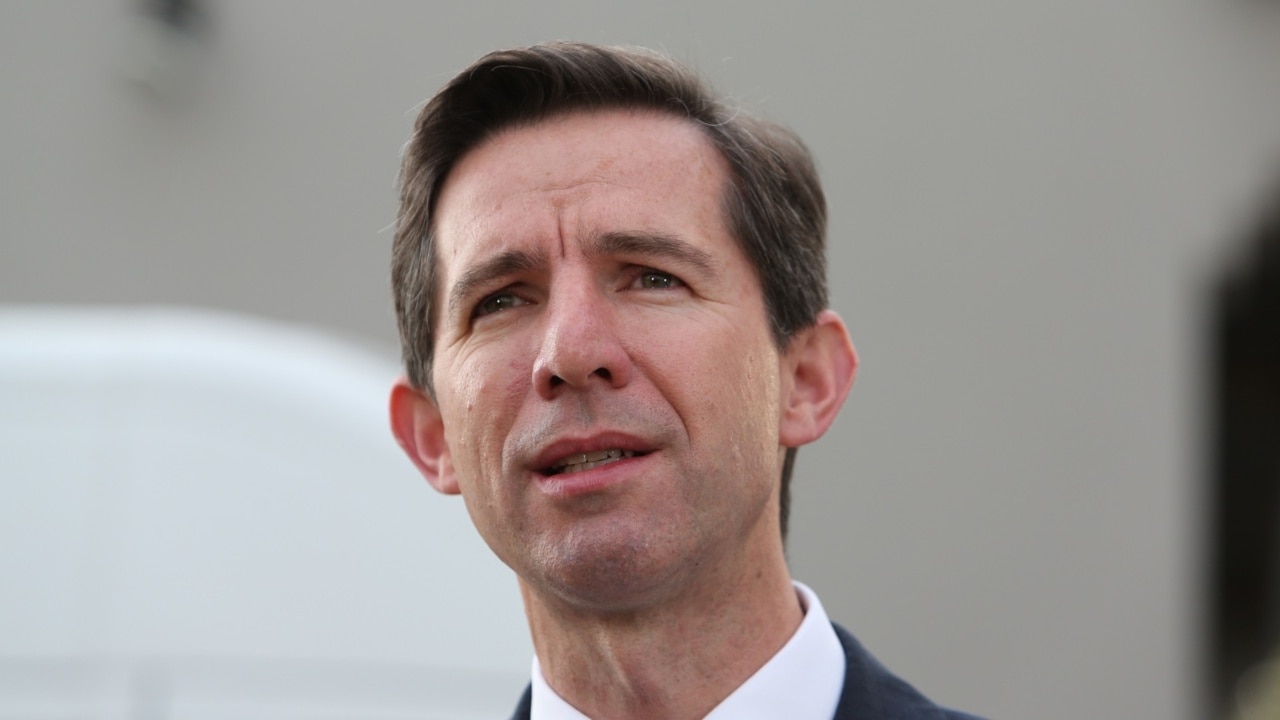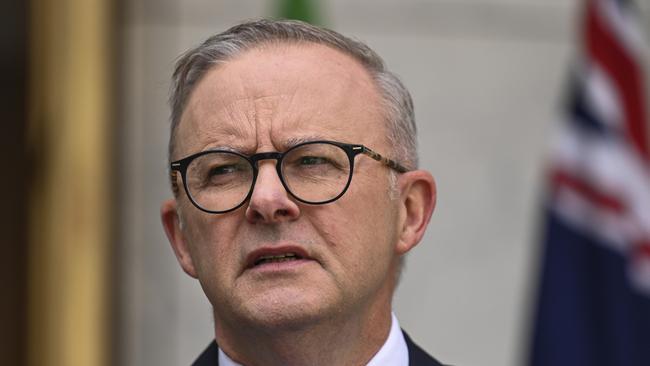Young people could be worse off under superannuation tax change
One detail in the government’s superannuation tax change could have a major impact on young people, new analysis has revealed.

Super
Don't miss out on the headlines from Super. Followed categories will be added to My News.
More than 500,000 people are likely to be slugged over the coming decades with the federal government’s proposed tax increase for superannuation accounts over $3m.
New estimates suggest young people will be left worse off by the tax increase on super earnings, up from 15 to 30 per cent, due to the government’s refusal to index the threshold, which would mean the cap would rise in line with inflation or cost of living.
Treasury estimates just 80,000 people will be impacted when the change comes into effect in two years time, should parliament pass the laws.
But the Financial Services Council analysis suggests that figure will blow out to more than six times higher unless the threshold is indexed.
“Leaving the cap stuck at $3m will mean that in today’s dollars, a 30-year-old will have a real cap of around $1m, calling into question the intergenerational fairness of an unindexed cap,” Financial Services Council chief executive Blake Briggs said.
“Caps in the superannuation system are indexed to ensure generational fairness, so that each generation gets the same outcomes and benefits from the superannuation system.”
When asked earlier this week, Treasurer Jim Chalmers refused to say if the government had modelled just how many people in future years would be affected by the higher tax.
Instead, he said it was a problem for a future government.
“The way that I’ve designed it, in conjunction with Treasury colleagues, is for a $3m threshold,” he said
“If some future government decides that they want to lift that, then they can pay for that, but that’s not our intention.
The Grattan Institute estimates it would take 10 federal election cycles before that cap starts to hit the wealthiest 10 per cent of people that retire in a given year.
“We project that in three decades time (2052), roughly the top 10 per cent of Australians – earning above $142,000 a year on average throughout their careers,” Brendan Coates said.

“It would be much longer before those with incomes in the bottom 90 per cent of incomes – would be affected by the $3m cap if it were not indexed.”
He added that it would appear “pretty likely” that the cap would be adjusted before then, if needed.
The Grattan Institute has been lobbying for the government to reduce the $3m threshold to $2m.
“There is no reasonable rationale for generous earnings tax breaks on balances between $2m and $3m. People with that much in super will have a very comfortable retirement without taxpayer support,” he said.
“Should the government persist with applying the surcharge only to the earnings of super balances bigger than $3m, the threshold should not be indexed until the real value of the threshold falls to $2m due to inflation.
“A $2m threshold, indexed to inflation, would be expected to reach $3m by 2040.”
Originally published as Young people could be worse off under superannuation tax change


